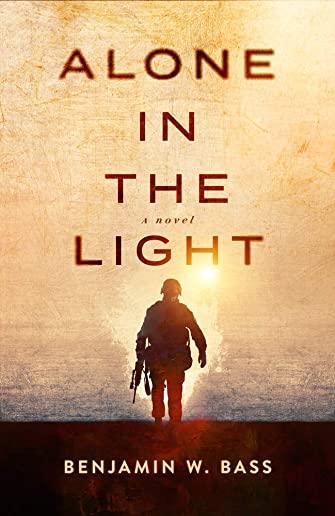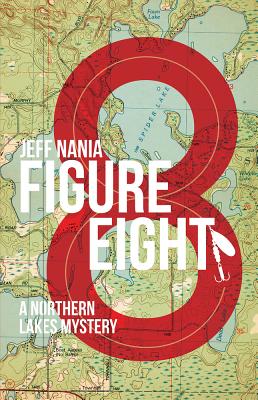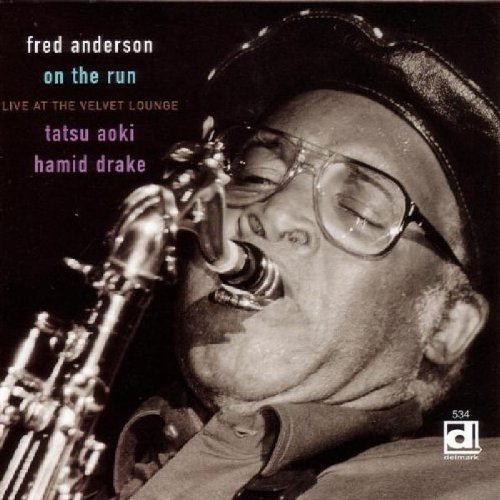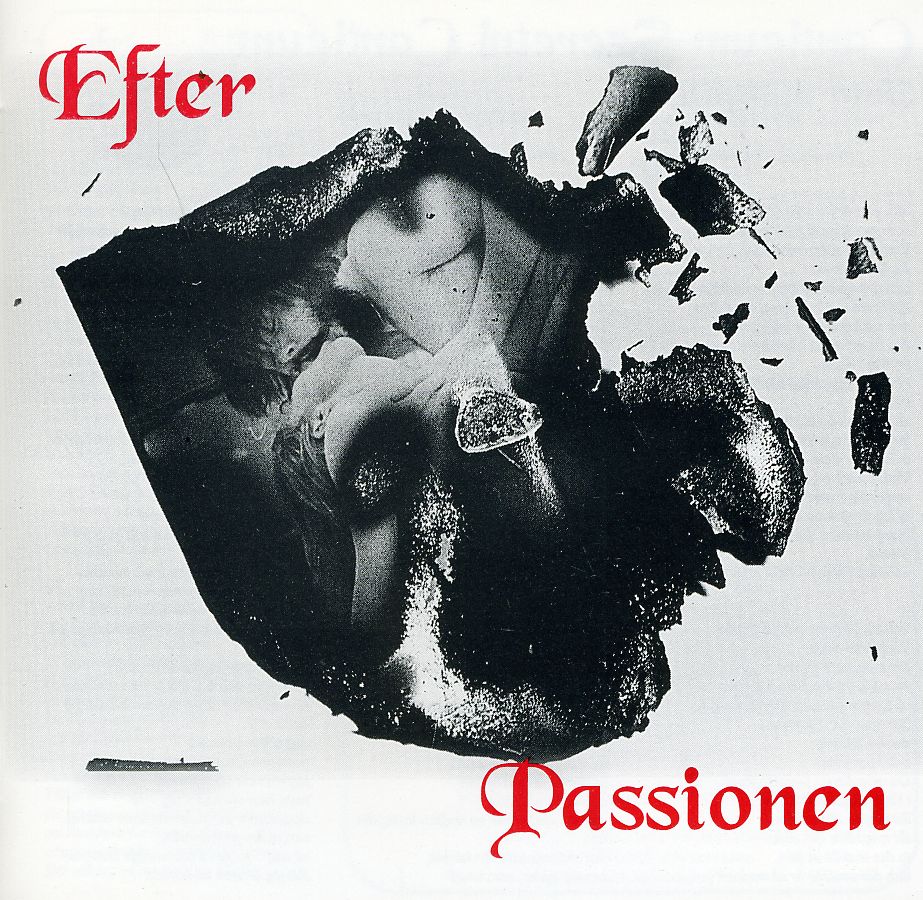
description
e heart of the questions asked by Chelsea Dingman's I, Divided: What is a life worth? Today. Now. Why is that? Who gives anyone permission to be? And how is that determined? In poems that use the science behind chaos theory as a lens for examining illness and agency, Dingman explores the divide between determination and accident, whereby the body becomes a site of exploration as well as elegy in cases of disease such as traumatic brain injury, cancer, and addiction. Much like weather patterns, inherited histories of violence and disease are cyclical. They remain at once determined and yet undetermined, becoming ultimately chaotic. The "I" of the title is fractured over several divides, subordinated to illness and to a past that is invariable, though finally morphs as an agent of change. I, Divided operates as if within a swirling hurricane, beginning and ending amid the same human concerns, tracing a life cycle and its repetition.
member goods
No member items were found under this heading.
Return Policy
All sales are final
Shipping
No special shipping considerations available.
Shipping fees determined at checkout.







